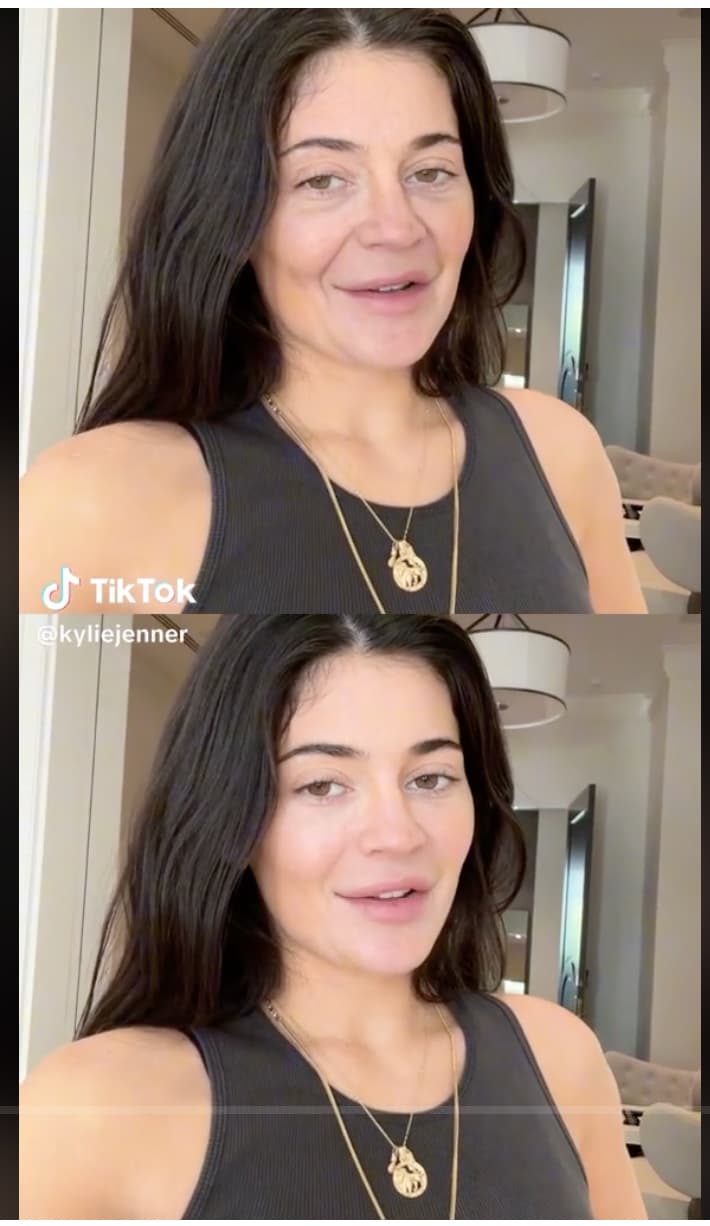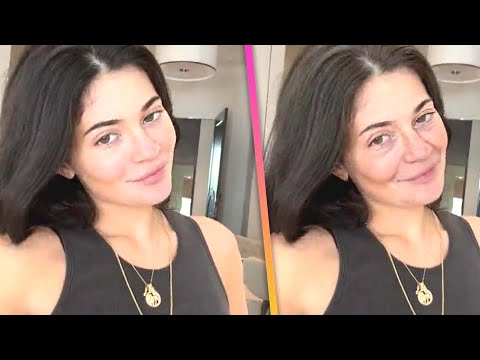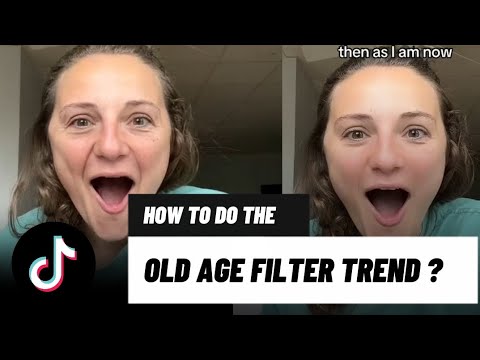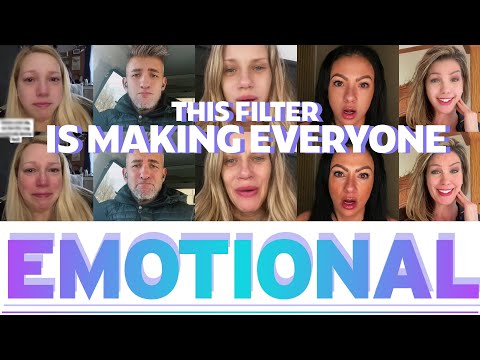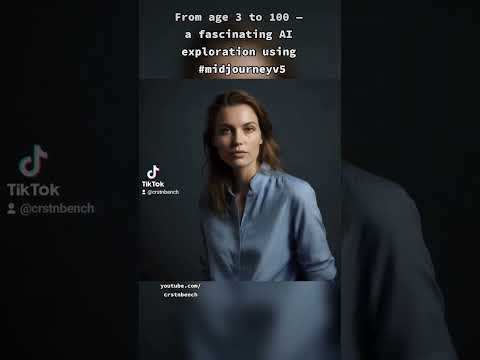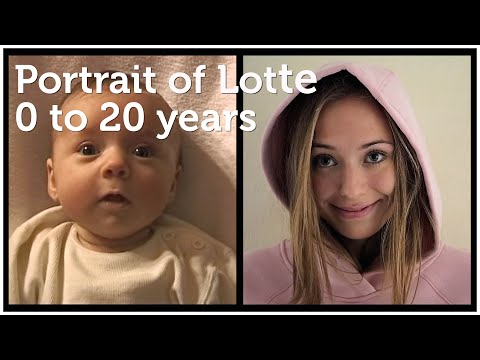Well, this is certainly going to increase demand for sunscreen (and possibly rapamycin and other longevity or cosmetic approaches to age mitigation)…
Akinyi Obala had never worried about aging, so when she tried out TikTok’s latest hyper realistic aging effect on herself, she said she only did so out of curiosity.
“When I tell you I was shocked. With my bonnet on I looked like a very old grandma, and without it, the effect made me look like a younger grandpa,” joked the 30-year-old lifestyle influencer, based in Phoenix. “My mom and grandpa don’t look as old as I did in the TikTok. That’s why I was so surprised.”
Now, Obala may opt for Botox when she sees that first wrinkle appear, she said.
Aged is at least the third age-related trend to go viral on TikTok this year, with the agedfilter hashtag used more than a 169 million times in less than a week. …
The filter has spread so much that even Kylie Jenner, the 25-year-old millionaire businesswoman, tried it out Wednesday to reveal what she would look like as an older person.
Jamie Stone, a New York-based fashion and beauty influencer, agrees that Americans are obsessed with aging and this can be seen in the comments section of her two viral age-related TikToks. In February, TikTok released the Teenage effect, an AI effect that took users back to their adolescence.
Full Story Article: https://archive.ph/TTWlJ
Related Reading:
But, the downside:
It isn’t surprising that people are playing around with the aging filter, even after seeing others have “bad” results with it. Most of us are curious about how we’ll look as we grow older, and using the filter is a way to satisfy that curiosity, said Julie Erickson, a psychologist and the author of the forthcoming book “The Aging Well Workbook for Anxiety and Depression.”
Unfortunately, the “old” filter does more than satisfy a benign curiosity.
“Trying it out can activate fears of growing ― and looking ― older, reinforce ageist assumptions that looking old is inherently problematic, and make someone more hyper-focused on their appearance,” Erickson said.
The psychologist noted that there’s increasing evidence suggesting that the use of these filters increases body image dissatisfaction, worsens mood and could lead to body dysmorphia, an unhealthy preoccupation on some perceived flaw in physical appearance that’s either small or not even detectable to others.
“Filters are particularly bad news for women, who already face heightened pressure to defy age and maintain a youthful appearance as they grow older,” Erickson said.
…
A 2018 U.K. report found that millennials have by far the most negative attitudes about aging of all age groups, with nearly one-quarter of millennials surveyed admitting they thought being unhappy and depressed is a normal part of old age.The anti-aging market is estimated to make tens of billions of dollars in global sales every year. The demand for procedures that stave off signs of aging ― “preventative” Botox(intended to delay wrinkles by paralyzing the muscles that create fine lines) and fillers (injected beneath the surface of the skin to add fullness) ― is only increasing.
